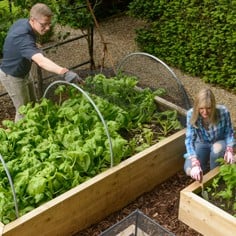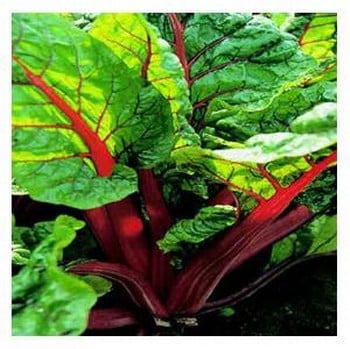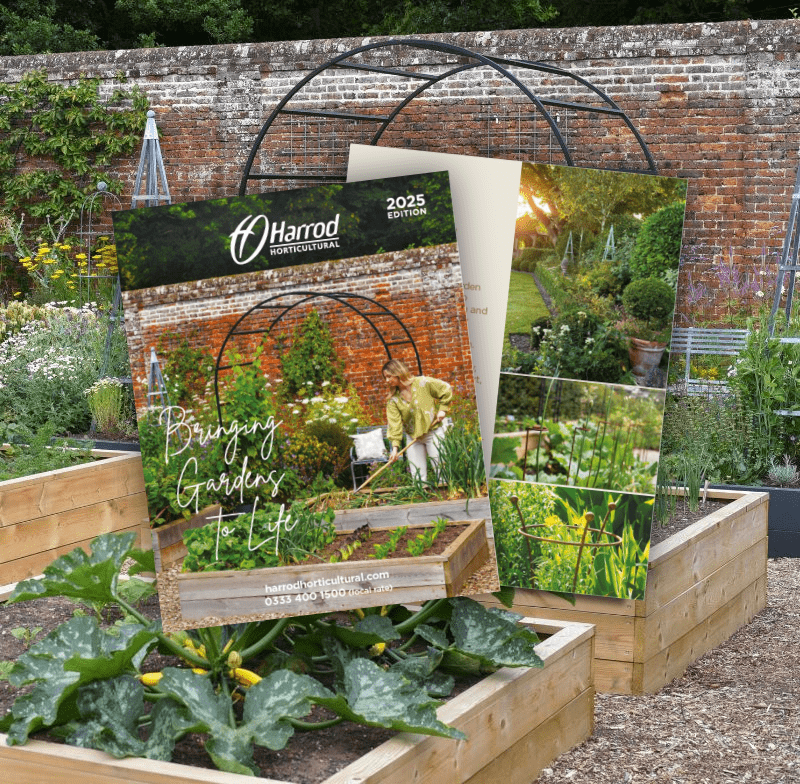Organic Rhubarb Chard Seeds
Although the main reason for growing your own vegetables is the fresh produce you can enjoy, the veg patch or allotment can look good as well - and introducing our Organic Rhubarb Chard can greatly enhance your plot
Read More
Although the main reason for growing your own vegetables is the fresh produce you can enjoy almost on tap, the veg patch or allotment can look good as well - and introducing our Organic Rhubarb Chard can greatly enhance your plot.
The deep red stems and ribs of this easy to grow vegetable contrast with the rich green foliage, but it's not just the disco-style looks which justify rhubarb chard a slot in the veg plot as the leaves are a tasty and nutritious alternative to spinach. Don't worry about running out of leaves either as the chard production line just keeps rolling on - as long as you harvest the leaves when they are small and tender, the plant will keep producing!
Sow in spring and early summer to keep supplies on hand until autumn or go for a later sowing date of mid summer and enjoy fresh chard leaves - packed full of vitamins C, E and K - in the barren months of early spring! Our pack of 165 organic seeds should set you on your way.
- Supplied in a packet of 165 organic seeds
- Easy to grow
- Can mature in as little as 8 weeks
- Constant supply of young leaves from chard plants
- Sow in spring for sumer and autumn harvest or summer for an overwintered spring crop
- Attractive deep red stems and ribs bring a touch of colour to the veg patch
- Spinach-like leaves are a rich source of vitamins and minerals
- Use raw on salads or cook like spinach as an accompaniment to fish
Growing Tips
Chard is relatively easy to grow and maintain and can be sown straight into a bed from spring onwards. Place the seeds 2.5 cm (1") into the soil and thin to 10cm once the seedlings are established, taking care to leave 20cm between plants and 40 to 50cm between rows - don't forget this is an attractive plant and will look good at the front of any bed or border! Later sowings (summer onwards) will overwinter and can be harvested during the spartan late winter/early spring months. Water in dry spells and enjoy!






























